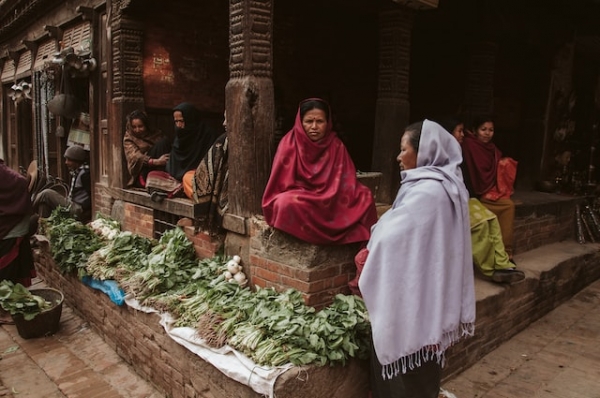Nepal’s new parliament will be elected on November 20, after former Prime Minister Khadga Prasad Sharma Oli lost confidence. Due to divergences within the coalition, the moderate Communist Party lost its ruling majority and received parliamentary support from only 93 senators.
Not yet elected, the next parliament has already been assigned a first important task: to listen to the victims of the conflict who have been awaiting justice for over 16 years.
The Comprehensive Peace Agreement signed on November 21, 2006, between the government of Nepal and the Communist Party of Nepal (Maoists) marked an end to 11 years of armed conflict and paved the way for a democratic transition in the country. With the agreement, the government undertook to bring about a political, economic, and social change that would also include adherence to humanitarian law. Therefore, the Commission for Truth and Reconciliation and a National Commission for Peace and rehabilitation were established. The two institutions received the primary task of resolving the more than 60,000 cases of human rights violations and thus of creating a transitional justice mechanism for the victims.
The previous parliament did not enact any draft law on transitional justice and the request for justice for the victims is now being assigned to the next incoming parliamentary body. In addition to doing justice to the victims and their families, the new bill will have to include a series of proposals to make the country meet international legal standards.
To learn more, please visit:
- https://www.hrw.org/news/2022/10/21/nepal-next-parliament-should-prioritize-justice-conflict-victims
- https://thewire.in/south-asia/favourites-alliances-and-possibilities-all-the-questions-ahead-of-nepals-november-election
- https://www.miragenews.com/next-parliament-should-prioritize-justice-for-879661/
- https://peacemaker.un.org/nepal-comprehensiveagreement2006?utm_source=miragenews&utm_medium=miragenews&utm_campaign=news
by Federica Tognolli




